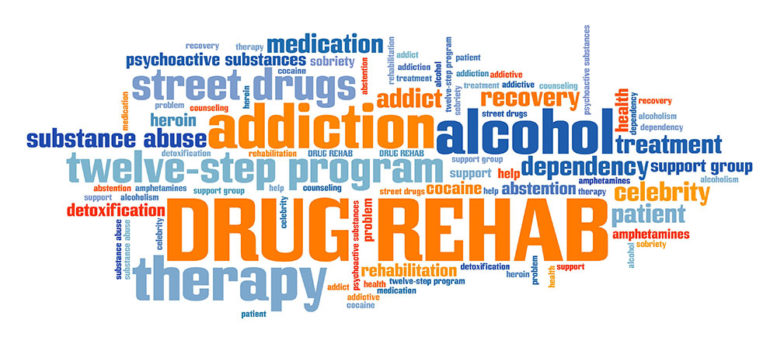William Cope Moyers, son of Bill and Judith Moyers, struggled with addiction to alcohol and drugs for 15 years and has written an excellent book on recovery entitled “Now What? An Insider’s Guide to Addiction and Recovery” reviewed by Jane E. Brody in The New York Times. When he gave up trying to get clean “his own way” he finally got professional help and took responsibility for his behavior. He has been clean and sober for the last 18 years. One day at a time.
He writes, “My problem was not drinking or drugs. My problem was learning how to live life without drinking or drugs.”
He emphasizes that “Treatment is not the end, it’s the beginning.” Contrary to popular opinion, a 30-day program is not a magic bullet. People hooked on drugs or alcohol usually have to try and try again. The short-term fix mentality partially explains why so many people resort to their old habits. Moyers needed “four intense treatment experiences over 5 years” to break free of the hold addiction had on him. My son, who has been in several different treatment programs, told me that the tools from each program build upon each other.
Moyers notes that addiction is a family illness of the mind, body and spirit and has no respect for status or opportunity. Addiction is not selective; anyone can succumb. It’s important for families to remain engaged with a family member who is an addict, offer them love and support, and not think that allowing them to hit rock bottom will force them into treatment. As Patt Denning, director of Harm Reduction Therapy Center in Oakland, CA. always told me, “You can’t treat a dead addict.” It’s also important that families not allow themselves to be taken advantage of. They must set firm boundaries—no money, no car, nothing that can be quickly converted into the substance of abuse.
Moyers feels that treatment does not have as good a chance of succeeding if it is forced upon a person who is not ready to recover. Before choosing a treatment facility it is important to get a thorough assessment to decide whether the facility meets all of your loved one’s needs. Are there co-occurring mental illnesses, trauma, socioeconomic influences, family dynamics that might be complicating the addiction and could sabotage success? If so, make sure the treatment center has qualified professionals on staff.
For example, is there a doctor on staff who can provide therapy and prescribe medications?
Is there a social worker on staff that can address challenging family, housing, occupational issues?
Is there a program for family members who can participate with the addict to learn the essentials of recovery and how to prepare for post-treatment return home?
Does the program offer follow-up services like sober living and recovery groups? Like other serious illnesses, such as diabetes, lasting recovery requires hard work and constant attention.
Moyers also addresses the issue of interventions done by family or friends. If done properly, inteventions have the potential to enable the addict to recognize the extent of their illness, how it affects their loved ones, and the need to take responsibility for their behavior. For an intervention to work, however, “the sick person should not be belittled or demeaned.” He also cautions families to avoid threats.
I was most affected by his insight that the mind of an addict is subsumed by drugs and alcohol that strip it of logic, empathy and understanding. It “can’t process your threat any better than it can a tearful, emotional plea.”
Related articles
- William Moyers and His Parents on Addiction (wnyc.org)

3 Comments on “Treatment is Not the End, It’s the Beginning”
I find intriguing two statements in this post that are seemingly contradictory, but both are crucial for the salvation of both the addict and the supporting family. 1) “It’s important for families to remain engaged with a family member who is an addict, offer them love and support.” m
What a telling line is Denning’s comment, “You can’t treat a dead addict.”
Your second important comment to me is, “It’s also important that families not allow themselves to be taken advantage of. They must set firm boundaries.” I think in these two comments you hit on the crux of the matter: how to provide love and support without confusing support for money or other material means of preventing the loved one from learning to support him or herself on life’s terms. Pity has to be replaced by a seemingly stern refusal to give in to enabling.
Thanks for sharing your wisdom, Maureen!
Dear Cindy,
Thanks for your comments. Yes, I did read the article in the NY Times about overuse of Adderal and have handed it out to clients who wonder about whether they are ADHD without having proper evaluation. Assessment is key, whether it’s for addiction, ADHD, bipolar or other serious illnesses.
Excellent blog–I know a few alcoholics and what you say from the book seems right on target.Did you read the NY Times article last week on the young man addicted to Adderal(for ADHD)–it was hair raising and the doctors were the major players in his addiction and his eventual suicide.I am so interested in your blog–keep on writing please.